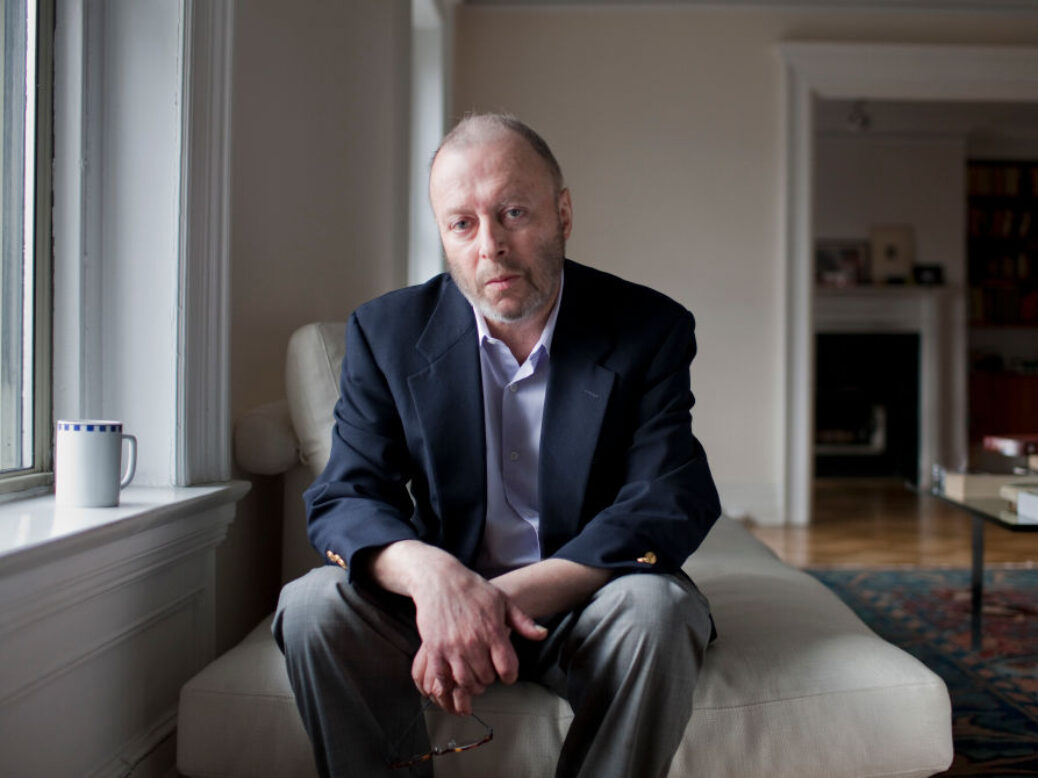
Over the Thanksgiving holiday the Financial Times columnist Janan Ganesh expressed a sentiment I hear from time to time among connoisseurs of punditry – that our era, the age of Trumpism and wokeness and Covid controversy, badly misses the words and wits of Christopher Hitchens, who was taken from the stage before his time. Ganesh offered a particularly interesting version of this take, because he went halfway to conceding something that Hitchens’ critics (I was one of them) might say has become more palpable since his passing in 2011: that his great talents were expended on causes that have not exactly stood the test of time. But Ganesh framed this reality as an indictment of the somewhat-empty – dare one say, decadent – times in which Hitch lived:
“The trouble is, the artist dwarfed his canvas. Hitchens had the misfortune to peak during one of world history’s blander interludes. If he overcommitted to the war on terror, it was because here, at last, was a worthier foe than a long-retired Henry Kissinger and the ghastliness of the Clintons. His atheism aged better (no, it is not “its own kind of religion”) but the resort to a celestial target rather shows how thin the pickings were on Earth. He was made for our time, not his own. The great vacancy in today’s public life is for an equal scourge of the censorious left and the feral right: a fanatical sceptic… The opportunities to impose himself, to speak for an unspoken-for mass, would have been greater now than in, say, 2005, when politics was so temperate that I forgot to vote.”



